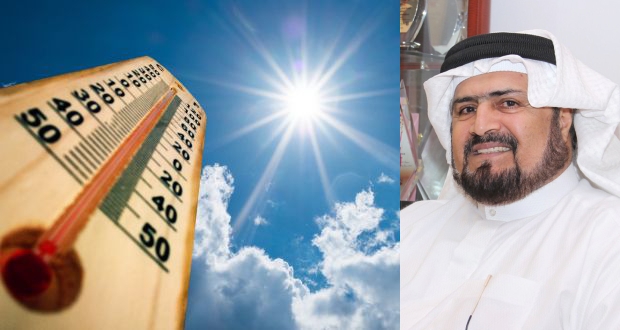Combating climate change in your home
It has been a topsy-turvy summer for us in Bahrain this year. Although we’re not complaining, May was relatively balmy and the 35 degree Celsius average temperature was cut by cool evening breezes that made our Ramadan fasting without water easier to sustain. But June began and continued in an uncomfortable blaze as if summer is catching up with us after a lull and I worry that the months ahead will be tough. Should the government bring forward their July labour laws that made it mandatory for companies to change outdoor workers’ timing to the cooler morning hours? For the many amongst us who think climate change is over-rated ad fictional, I must remind you of what a dangerous near-reality it is for small islands like Bahrain.
In the vast Pacific Ocean, more than 15 small-island countries like Fiji, Samoa, Cook Islands, the Galapagos with their fabled wealth of biodiversity and the tourist haven of Maldives, with its picture-perfect beaches and sunsets… they are all living everyday with the threat of being swallowed by the sea. The village of Vunidogoloa in Fiji became the first to relocate due to coastal erosion in 2018 – the threat is that close. The UN’s climate-science arm has predicted that oceans around the world could rise up to three feet by the end of the 21st century and destroy many low-lying island nations. When people think about how their lives will be affected by climate change, they might imagine living in a world with shorter winters and longer summers.
They might envision coastal cities losing ground to sea level rise. They might even expect more extreme weather, such as hurricanes or wildfires. All of those effects have struck various parts of the world. But climate change is also affecting what we eat. With warmer temperatures and more pests, farms will produce less food. And farmers will have to work harder to grow what food they do bring to harvest. Some crops might even be less nutritious.
While much of the damage is done, you and I can change the course of this destruction. We need to adopt a watchful way of living that is not wasteful and conserve the resources of our planet. Not just plastics, the new enemy, but also wastage of electricity and water, wastage of food – they all add up. How many of us are guilty of leaving the tap running when we brush our teeth, hosing down our cars or overloading our plates at the buffet? Simple, thoughtless actions can add up and break the planet. So along with avoiding plastics, let’s reassess our habits and pledge to adopt one good planet-saving action at least each week.
Related Posts

